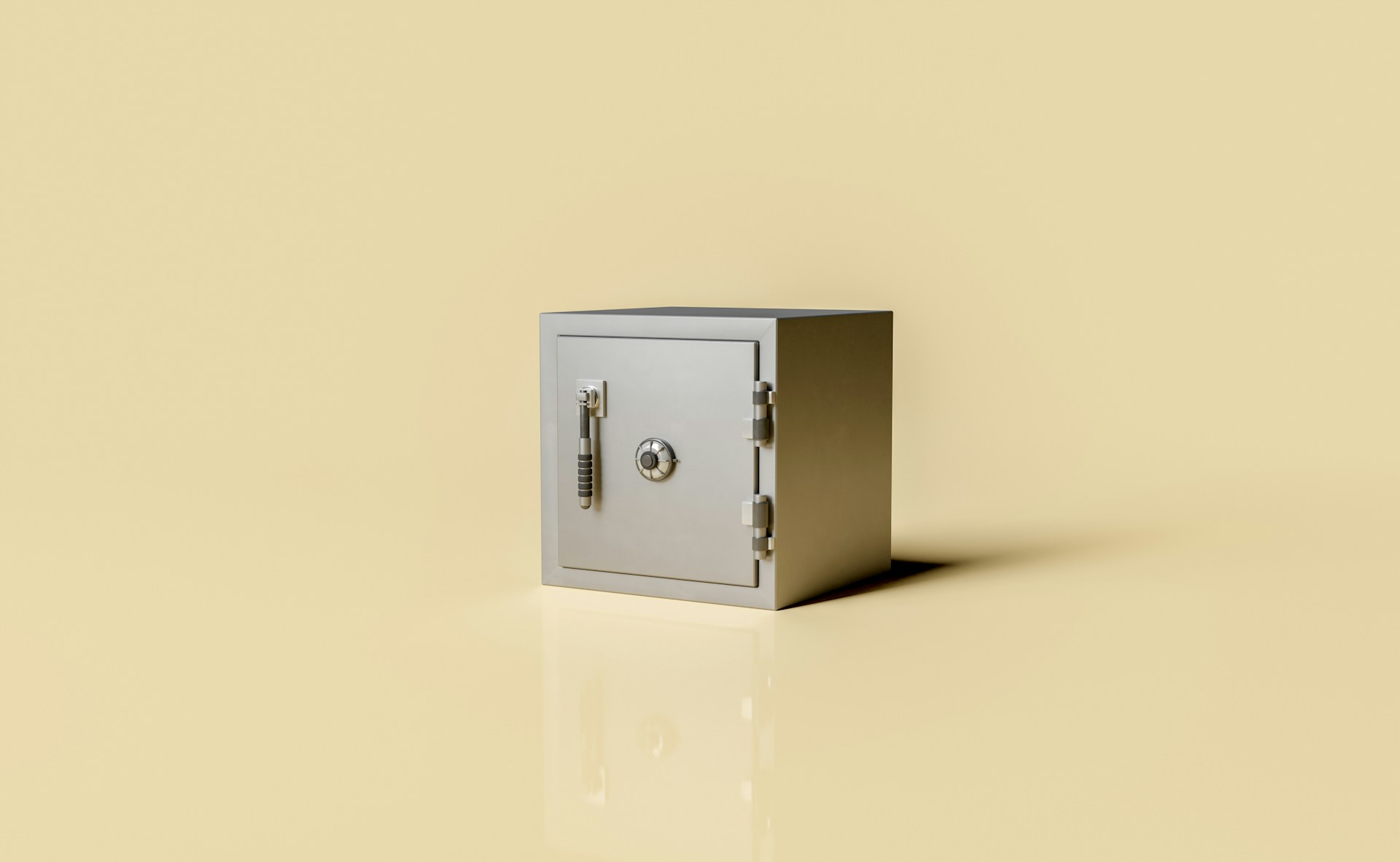
What Today’s Business Safes Are Really Protecting
Most business owners think they already know what a safe is for. Lock up the cash, throw in a few documents, maybe keep the spare keys. That’s the old model. These days, the role of a commercial safe has expanded far beyond the till.
Modern business safes are working overtime, quietly protecting everything from critical data to operational continuity. And while security is still the core purpose, the way businesses use safes has evolved just as much as the risks they’re trying to manage.
It’s Not Just About Cash Anymore
The traditional cash-in-safe setup still matters in some industries, but for many businesses, physical money barely plays a role anymore. Instead, what’s being locked away now is access, accountability, and continuity. Think about what would cause chaos if it suddenly vanished or fell into the wrong hands. That’s what needs to be secured in safes Perth.
It might be an external hard drive holding years of business records. It could be signed contracts that haven’t yet been scanned. Or the one folder that contains insurance policies, supplier agreements, and original lease documents. These aren’t optional extras. They’re the files that keep the lights on.
Businesses Are Storing Very Different Things
Safes used to store obvious valuables. Now they’re storing the things that protect your business when something goes wrong. And the list is surprisingly broad. Some of the most common contents in modern commercial safes:
- External backups – A safeguard when systems fail or cyberattacks hit. These are often small, portable drives that could be lost or stolen if not locked away.
- Contracts and originals – Not just for legal coverage, but to prove ownership, authorisation, or compliance.
- Security details – Alarm codes, master keys, access credentials. These often stay with the owner or senior manager, but need a secure location when they’re not.
- Prescription items or restricted stock – For regulated industries, safe storage isn’t just smart, it’s mandatory.
- Daily takings or floats – Still relevant in many setups, especially hospitality or retail, where end-of-day security needs to be fast and routine.
The trend is clear: the more digital business becomes, the more important the physical backups become too. Fire, flood, or hardware failure can wipe things out in minutes. Without secure storage, you’re relying on luck.
Fire and Water Are Bigger Threats Than Theft
For many business owners, the word “safe” still triggers images of forced entry. But theft isn’t the only risk anymore, and in many cases, it’s not even the biggest one.
A fire doesn’t need to be large to be damaging. A few minutes of heat and smoke can destroy documents and tech, even if the safe itself survives. The same goes for water, whether from firefighting efforts, burst pipes, or storms.
That’s why more businesses are switching to fire-rated and waterproof safes. Not because they expect disaster, but because they want to be ready if it ever shows up.
If you’ve already done the work to protect your systems, train your staff, and build your operation, it makes no sense to risk it all because critical documents or drives weren’t properly stored.
Access Matters Just As Much as Security
There’s no point in locking something away if it can’t be accessed when it’s needed. For business owners, that balance between protection and availability is a real challenge.
Some items need to be restricted; only senior staff should access them. Others need to be easily available but still secure. A smart system isn’t just about one big safe tucked in the back office. It’s about matching safe access to your workflows.
For example, a small fireproof safe in the reception area might store urgent client records or mail. A larger backroom safe could be used for daily banking procedures. And a separate, secure unit might be used strictly for ownership documents or data backups.
There’s no single layout that suits every business. But what’s consistent is that the safer your access process, the less chance there is of costly mistakes, internal mishandling, or compliance issues.
Multiple Safes Are Becoming the New Normal
Rather than one large catch-all safe, many businesses now rely on a split setup, separating everyday use from high-security needs.
Here’s how it typically breaks down:
- Daily use safe – Accessible to managers or finance staff. Used for takings, tills, and quick-access paperwork.
- Owner-only safe – Higher security level. Stores sensitive contracts, key credentials, and master access tools.
- Fireproof document safe – Often not accessed regularly. Used for essential papers, backups, and originals.
- Temporary safe – Portable or lockable unit used during travel, remote work, or on-site jobs.
This layered setup not only improves organisation, it adds protection across multiple areas of the business. And if one safe is compromised or inaccessible, you’re not left without a fallback.
It’s a Business Tool, Not a Security Add-On
When viewed as an operational asset, a safe becomes more than just a place to stash valuables. It helps with compliance, risk management, staff accountability, and business continuity.
It can also improve confidence in handovers. Whether you’re stepping away for a week or transitioning a role to someone new, having critical materials secured — but clearly stored — makes operations smoother.
Staff also work better when they know expectations are in place. Having a secure place for takings, stock, and documentation removes guesswork and reduces the chance of loss, even unintentionally.
Don’t Wait Until Something’s Missing
Ask any business owner who’s faced an emergency, and they’ll tell you: hindsight is expensive.
Safes aren’t always at the top of the shopping list. But they’re one of the few purchases that prove their worth the minute something goes wrong. Whether it’s a system crash, a staff dispute, a fire, or a compliance check, you’ll never regret having the right items protected and ready.
